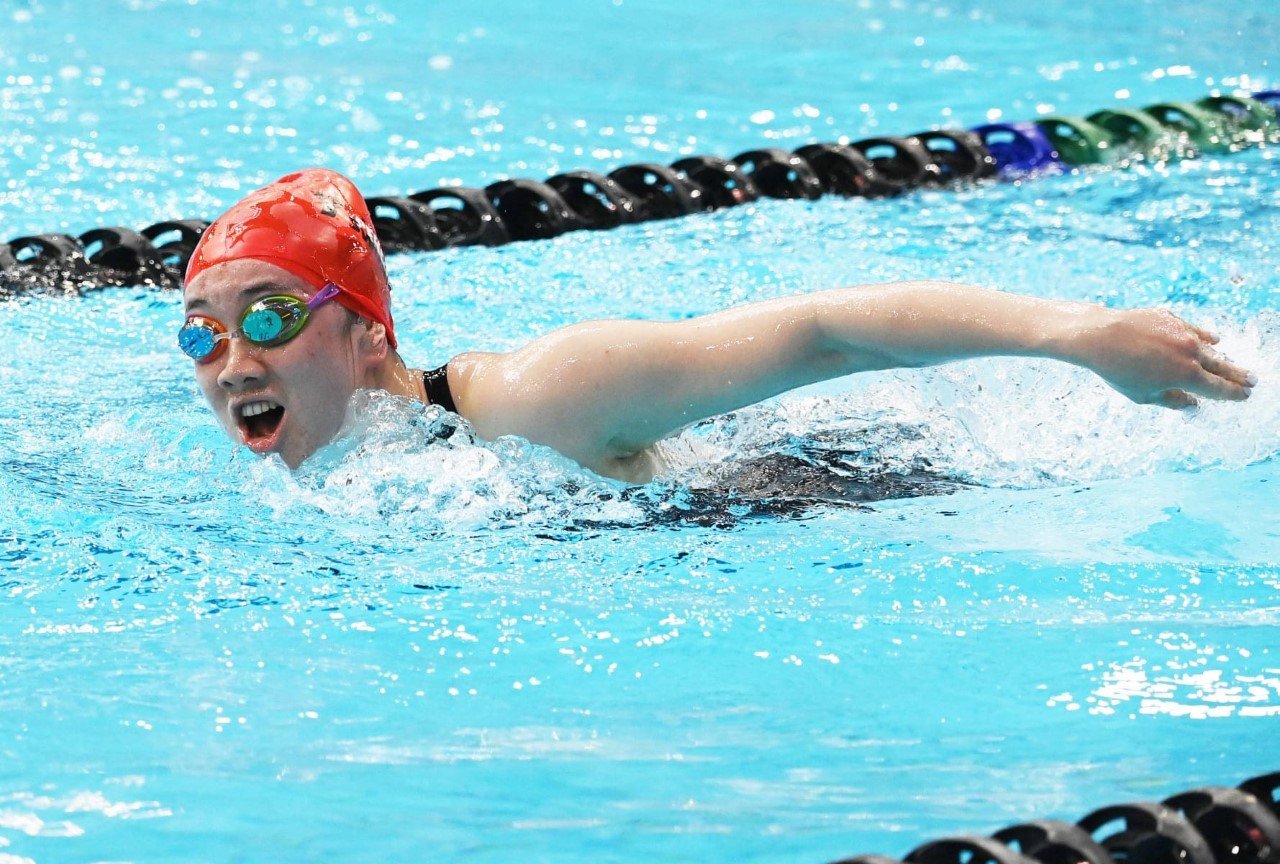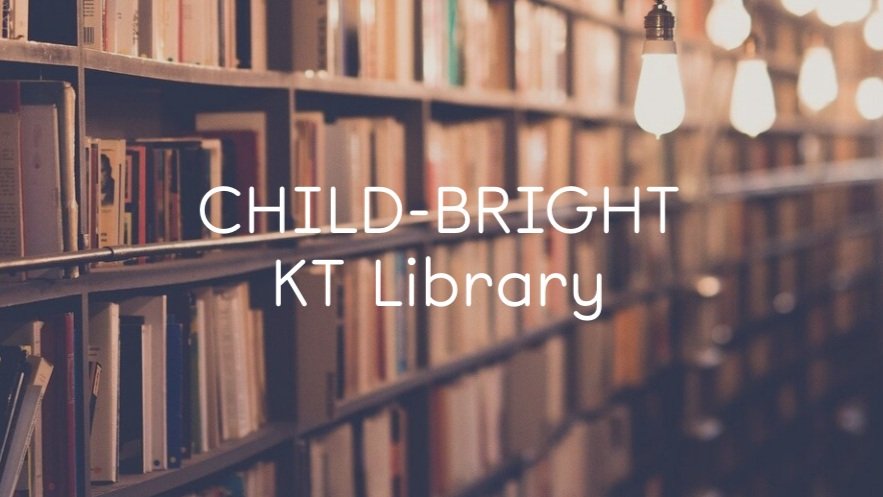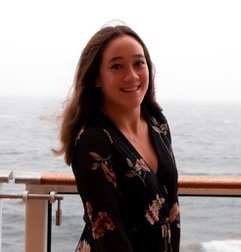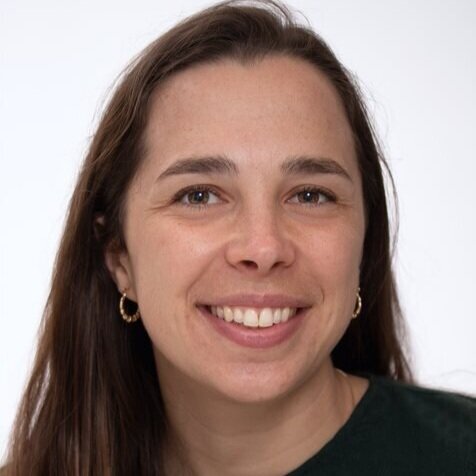Jessica Tinney at the Canadian Swimming Trials in April 2022. Photo credit: Scott Grant
We’re proud to share that former CHILD-BRIGHT Research Assistant Jessica Tinney will be representing Canada at the World Para Swimming Championships in Madeira in June!
Jessica qualified for the World Championships following the 2022 Canadian Swimming Trials from April 5 to 10 in Victoria, British Columbia, where she received a bronze medal in the 200m Freestyle and broke a Canadian record in the 200m Individual Medley.
A soon-to-be graduate of the kinesiology program at Queen’s University, Jessica joined our Knowledge Translation (KT) Program team in the summer of 2021 to put together our new KT Library, which is an evolving repository for the wide range of KT products created by our network since its inception in 2016. The library houses many scientific and plain language publications, books and book chapters, reports, webinars, infographics and much more.
The library was created to further the KT Program’s goal of facilitating exchange and promoting the uptake and dissemination of existing and new knowledge relevant to children with brain-based developmental disabilities and their families—a mission that was a direct inspiration for Jessica when applying to work with CHILD-BRIGHT.
“The [job] description was about disseminating articles to make it so people who the research is actually meant for can read them. I thought that was interesting, based on my background and having a disability and not being able to read or understand the information before I went to school. I thought that'd be really cool,” she said. As part of the KT Library team, Jessica wrote plain language versions of some of the scientific journal articles published by network members and added the various resources and outputs to the library on the CHILD-BRIGHT website.
As a person with cerebral palsy, Jessica’s experiences with medical care have also driven home for her the importance of communicating knowledge in an accessible way to patients. She described going to doctor’s appointments and grappling with complicated explanations provided to her: “I never understood how any of it like related to me or what I needed to get from what they were saying, so I think to have like a resource, something like what we're doing here, would be really helpful to people.”
The time she spent in and out of physiotherapist offices as a youth, in particular, is also how she first found her way to swimming.
“I first started [swimming] because I really, really hated physiotherapy!” Jessica admitted, to the point that as a child she “would refuse to go” to her appointments.
Jessica Tinney
“I was originally in swimming lessons and my mom put me on a team. Then, when I went to my doctor’s appointments, they asked if I did physio, and I said no, I swim this many times a week. They said, ‘Great! Keep doing that and then you don’t have to go to physio.’”
She would begin her competitive swimming career in earnest as a teenager, but “my love for the sport grew from there. That's how I first got into it,” she shared.
After graduating from Queen’s this June, Jessica will be taking a year off school, but is actually considering a return to school the following year to study physiotherapy, equipped with her newfound experience in patient-oriented research.
We’re grateful to Jessica for her contributions to our Knowledge Translation team and wish her the best of luck in Madeira. We’ll be rooting for her and we’re excited to see what comes next!








